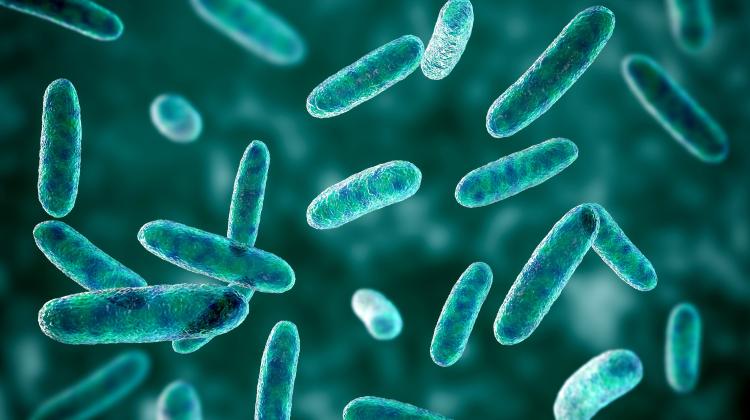Kraków/ Scientists from the Jagiellonian University will develop a catalyst for cars with Diesel engines
 Photo: Fotolia
Photo: Fotolia
Researchers from the Jagiellonian University together with Chinese partners will develop an efficient structural catalyst for the simultaneous reduction of nitrogen oxides and removal of soot particles from exhaust gases emitted by Diesel engines.
The project will be carried out as part of the first bilateral competition run by the National Centre for Research and Development and the Ministry of Science and Technology of the People`s Republic of China.
According to Adam Koprowski from the Jagiellonian University press office, the purpose of the competition for joint research projects carried out as part of Polish-Chinese cooperation is to establishing research contacts between the two countries. The goal of these activities is to prepare joint project proposals and new partnerships between Polish and Chinese researchers. Applications could be submitted by research institutions, higher education institutions and small and medium enterprises that conduct R&D activity.
The project manager is Prof. Zbigniew Sojka from the Faculty of Chemistry of the Jagiellonian University. The scientist explains that while the introduction of catalytic desulphurisation technology has enabled an effective reduction of sulphur oxides, soot particles and nitrogen oxides still belong to the main pollutants emitted by diesel-powered vehicles.
That is why - Prof. Sojka explains - the aim of the project is to develop a tandem structural catalyst (TSC) for simultaneous reduction of nitrogen oxides and removal of soot particles from exhaust gases emitted by Diesel engines. The TSC system will consist of a selective catalytic nitrogen oxides reduction module and a catalytic diesel particulate filter, functionally integrated by deposition on a cordierite monolith.
"Atmospheric pollution is one of the main harmful side-effects of the development of modern civilization. It can be removed with appropriate catalytic technology. This requires complex interdisciplinary research combining the development and synthesis of effective catalytic materials, their in-depth, comprehensive physicochemical characteristics using a wide range of advanced research methods, and activity tests on a laboratory and pilot scale" - says Prof. Sojka.
The researchers assume that the research will be carried out in three stages: the stage of basic research (development of the composition and structure of active phases, their physicochemical characterization, activity tests) and industrial research (evaluation of the final catalyst on the Diesel engine test station). The first and second stage will be carried out in cooperation, the Chinese partner will be responsible for the third stage.
According to the assumptions, after the optimisation of both modules, the resulting catalyst will allow for a 90% reduction of nitrogen oxides in a temperature window of 200-550 degrees Celsius and lowering the ignition temperature of soot particles to about 280 degrees Celsius.
The partners of the Jagiellonian University in the project will be Shenyang Normal University and Kunming Sino-Platinum Metal Catalysts Co. Ldt.
PAP - Science in Poland, Rafał Grzyb
rgr/ zan/ kap/
tr. RL
Przed dodaniem komentarza prosimy o zapoznanie z Regulaminem forum serwisu Nauka w Polsce.















